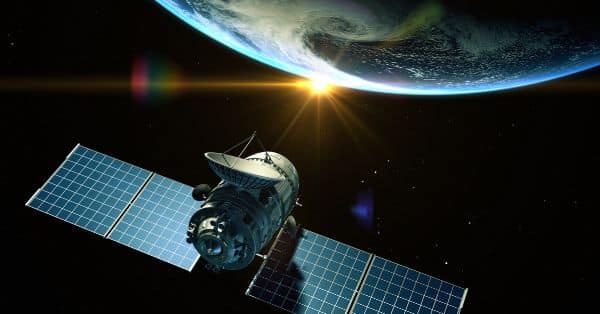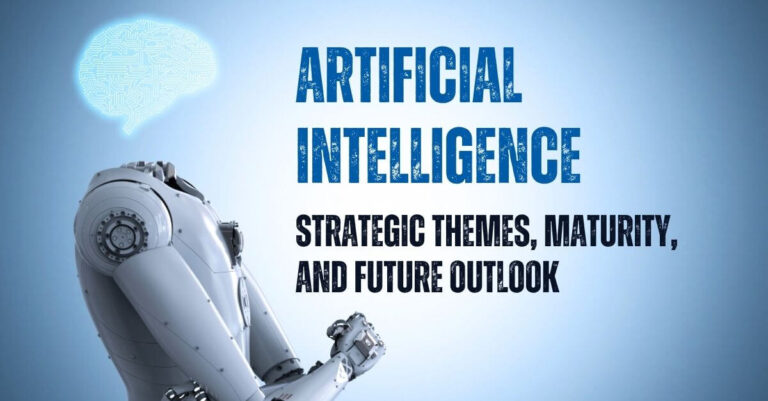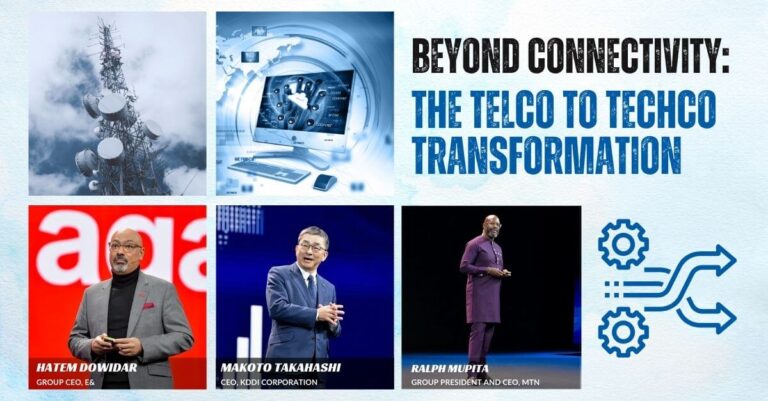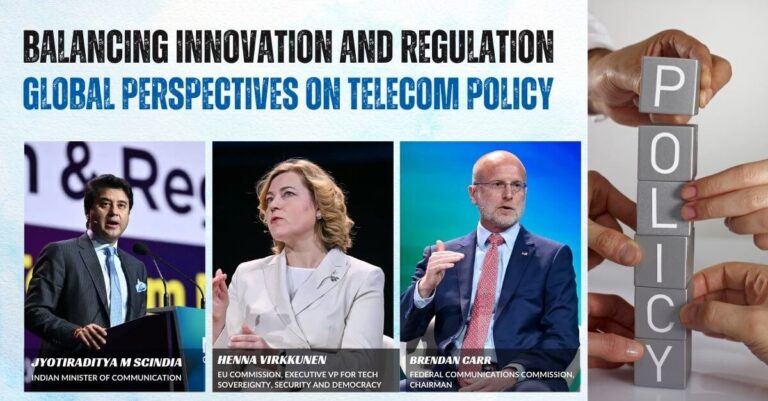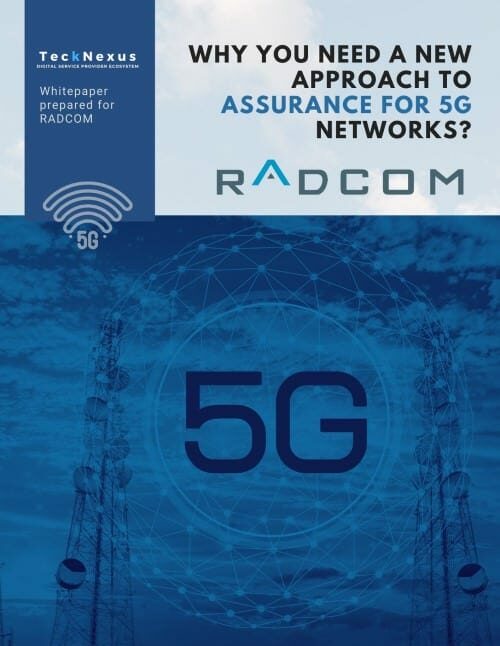Thuraya Telecommunications Company, the mobile satellite services subsidiary of the UAE’s flagship satellite solutions provider, Al Yah Satellite Communications Company PJSC (Yahsat), has announced the conclusion of Heads of Terms for an investment agreement with Astrocast, a leading Low Earth Orbit (LEO) and Internet of Things (IoT) network operator.
The US$17.5 million transaction, structured as a convertible loan, represents Thuraya’s first investment in a LEO satellite constellation. Additionally, the agreement will seek to extend a technical cooperation agreement between Astrocast and Thuraya, originally established in 2019, for another four years.
Astrocast operates one of the world’s most advanced global nanosatellite IoT networks, focusing on providing low power wide area connectivity solutions for key industries such as Transportation & Logistics, Oil & Gas, Utilities, Mining, Forestry, Agriculture, and Maritime. The partnership with Astrocast aims to reinforce Thuraya’s position in the IoT market and accelerate the implementation of its satellite-enabled IoT strategy.
The overall IoT market is expected to grow at a 22% CAGR over the next four years, reaching US$ 525 billion, with the satellite IoT business projected to generate cumulative revenues of US$ 6 billion during the same period. The strategic transaction with Astrocast offers Thuraya an attractive opportunity to increase its involvement in a rapidly growing sector with significant untapped potential and a long growth trajectory.
Ali Al Hashemi, Group Chief Executive Officer of Yahsat, commented on the collaboration with Astrocast, emphasizing their ongoing belief in the substantial impact of the IoT sector on the space and satellite industries. The agreement aims to explore ways to expand service offerings across GEO and LEO assets and unlock greater growth potential while enabling innovative solutions in industries such as Maritime, Energy, Logistics, Transportation, Mining, and Agriculture.
Fabien Jordan, Founder & Chief Executive Officer at Astrocast, expressed his delight at the agreement with Thuraya, looking forward to their support and expertise in ensuring Astrocast’s success in the low-power narrowband IoT market. Jordan acknowledged the strong four-year partnership with Thuraya and the importance of their ongoing support. Furthermore, collaboration on developing new products and applications, as well as leveraging Thuraya’s distribution network, will accelerate the expansion of Astrocast’s customer ecosystem.



